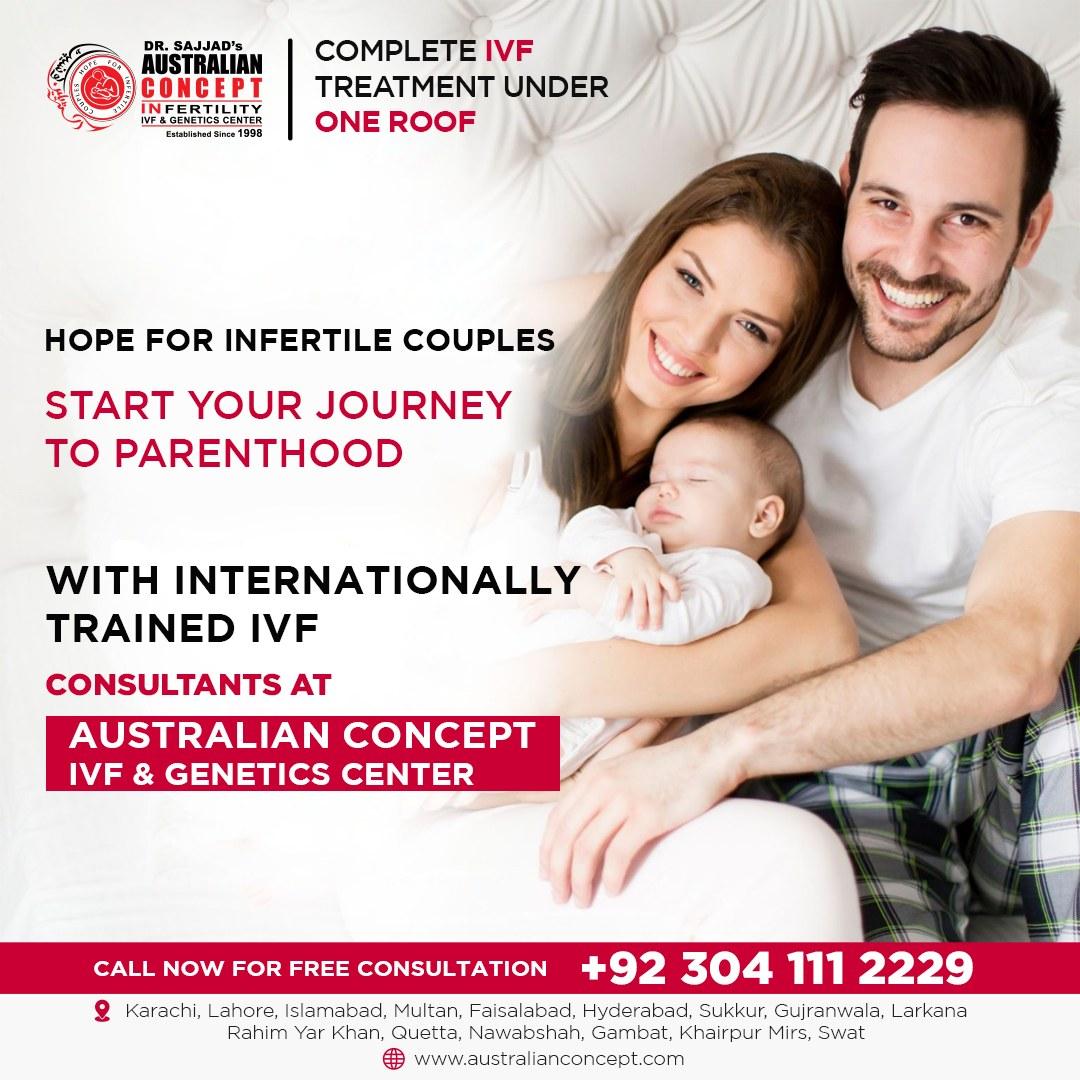Infertility affects many couples worldwide. Understanding its causes can help in seeking the right treatment. Infertility can stem from various issues in both men and women. Here’s a look at the most common causes of infertility for each gender.
Common Causes of Infertility in Women
-
Ovulatory Disorders
- Many women struggle with infertility due to issues with ovulation. Conditions like Polycystic Ovary Syndrome (PCOS) or hypothalamic dysfunction can disrupt ovulation. This means eggs may not be released regularly, leading to difficulties in conception.
-
Fallopian Tube Blockage
- Blocked fallopian tubes can prevent the egg from meeting the sperm. Causes include pelvic inflammatory disease (PID) or endometriosis. These conditions can lead to scar tissue that blocks the tubes.
-
Endometriosis
- Endometriosis occurs when tissue similar to the uterine lining grows outside the uterus. This can cause pain and affect fertility by causing blockages or adhesions in the reproductive organs.
-
Uterine Conditions
- Abnormalities in the uterus, such as fibroids or polyps, can interfere with implantation or development of the embryo. These issues may require surgical intervention to resolve.
-
Age
- Female fertility naturally declines with age. Women over 35 may experience a reduced number of eggs and lower egg quality. This decline makes it more challenging to conceive and increases the risk of miscarriage.
-
Hormonal Imbalances
- Hormonal issues can disrupt the menstrual cycle and affect ovulation. Conditions like thyroid disorders or hyperprolactinemia can interfere with fertility.
Common Causes of Infertility in Men
-
Low Sperm Count (Oligospermia)
- A low sperm count can significantly reduce the chances of fertilizing an egg. Various factors, including lifestyle choices and health conditions, can lead to this issue.
-
Poor Sperm Motility (Asthenozoospermia)
- Even if sperm count is normal, poor motility (movement) can hinder the sperm’s ability to reach and fertilize the egg. This can be due to various health or genetic issues.
-
Abnormal Sperm Morphology (Teratozoospermia)
- Sperm morphology refers to the shape and structure of sperm. Abnormalities in sperm shape can affect its ability to penetrate the egg.
-
Ejaculatory Disorders
- Disorders like retrograde ejaculation, where sperm enters the bladder instead of leaving the body, can prevent successful conception.
-
Hormonal Imbalances
- Hormonal issues can affect sperm production and overall fertility. Conditions like low testosterone or high levels of estrogen can disrupt sperm production.
-
Genetic Factors
- Genetic abnormalities, such as Klinefelter syndrome, can affect sperm production and fertility. Genetic testing may be necessary to identify these issues.
Diagnosis and Treatment
To determine the cause of infertility, a thorough evaluation by an infertility specialist is essential. Diagnostic tests may include hormone assessments, imaging studies, and semen analysis.
Treatment options vary depending on the underlying cause. For women, treatments might involve medications to stimulate ovulation, surgery to clear blockages, or IVF procedures. For men, treatments might include lifestyle changes, medication, or procedures to address specific issues.
IVF and Fertility Clinics
If conventional treatments are ineffective, assisted reproductive technologies (ART) like IVF can offer hope. IVF (In Vitro Fertilization) involves fertilizing eggs with sperm outside the body and then implanting the embryo into the uterus. Clinics offering IVF treatment, such as those with high success rates in Pakistan, provide advanced care and technology.
The cost of IVF in Pakistan varies, but specialized centers, like the Australian Concept Fertility Centre, offer comprehensive services to improve outcomes.

